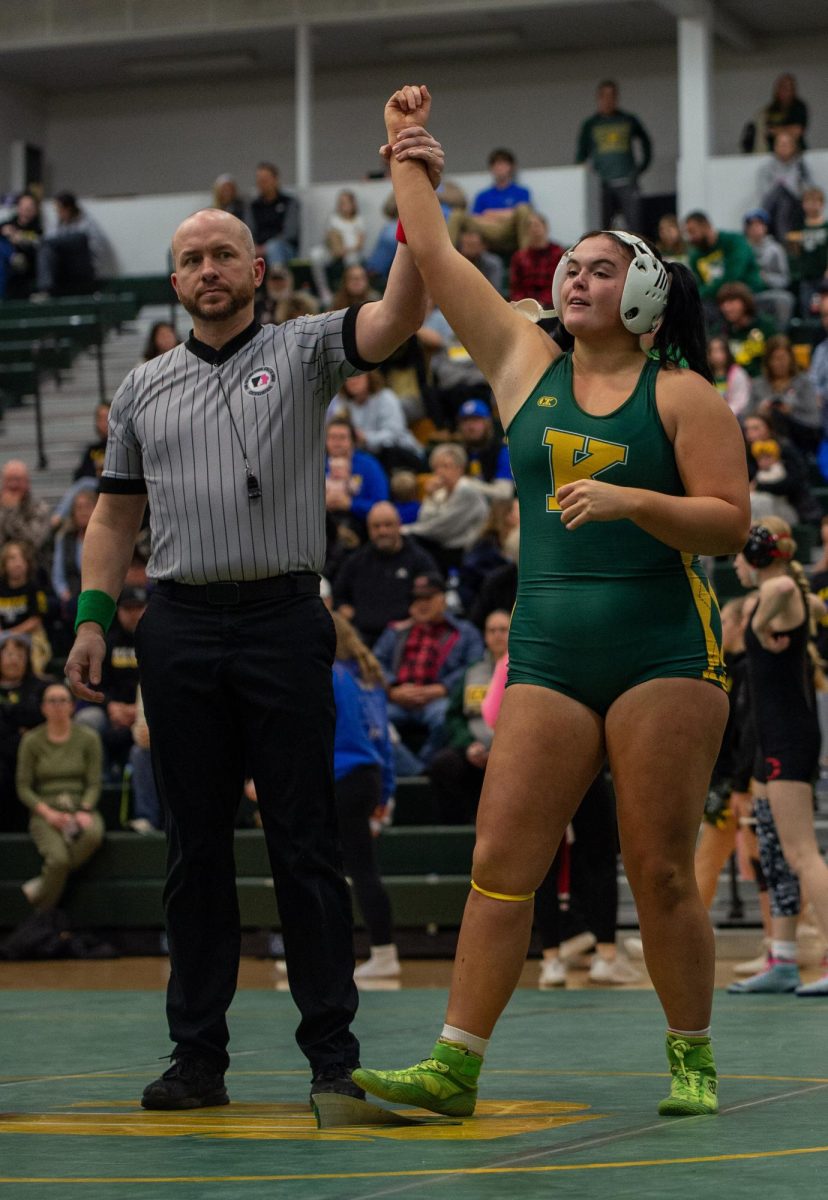“There is a fine line between being bossy and being a leader,” Linden Runels, sophomore class treasurer said. Linden is a leader in athletics and in the classroom, she likes to include others opinions while in Student Council where they plan school events like homeless night and homecoming.
The chief operating officer of Facebook and author of the bestselling book Lean In Sheryl Sandberg, is taking a stance against the word bossy. Sandberg has teamed up with many important figures and organizations, including The Girl Scouts of America and Secretary of State Condoleezza Rice.
Sandberg said that the word bossy discourages young girls from taking action and being leaders in their classrooms. Young girls are quick to tell you how it is, and many feel afraid to be leaders in fear of being called bossy.
Some may argue that Sandberg is being too critical, and that adding another word to the list of what some might say is offensive is too harsh.
Morgan Petsche, so., has her speculations about Sandberg’s new campaign. Petsche is on board with helping girls be stronger leaders, but thinks that “banning bossy” will not solve the problem.
“I like to be a leader even if people think I’m bossy. Bossy is just a word,” Petsche said. Petsche is a very competitive in sports and uses her leadership skills to dominate on the soccer field.
Sandberg argues that when girls try to be assertive and defend their thoughts and ideas, they are called “bossy,” but when young boys lead in the classroom they are referred to as “strong” or “ambitious.”
“I would take offense to being called bossy because to me bossy means you only think about yourself,” Runels said.
Women are 19% of the U.S. congress, and 5% of Fortune 500 CEOs. Sandberg’s argument is that women make up 50% of the population, so there should be more with leadership positions.
With feminism being a hot topic in the news these days, Sandberg and other powerful girls in our community are trying to take charge and make leadership equal between men and women.


























